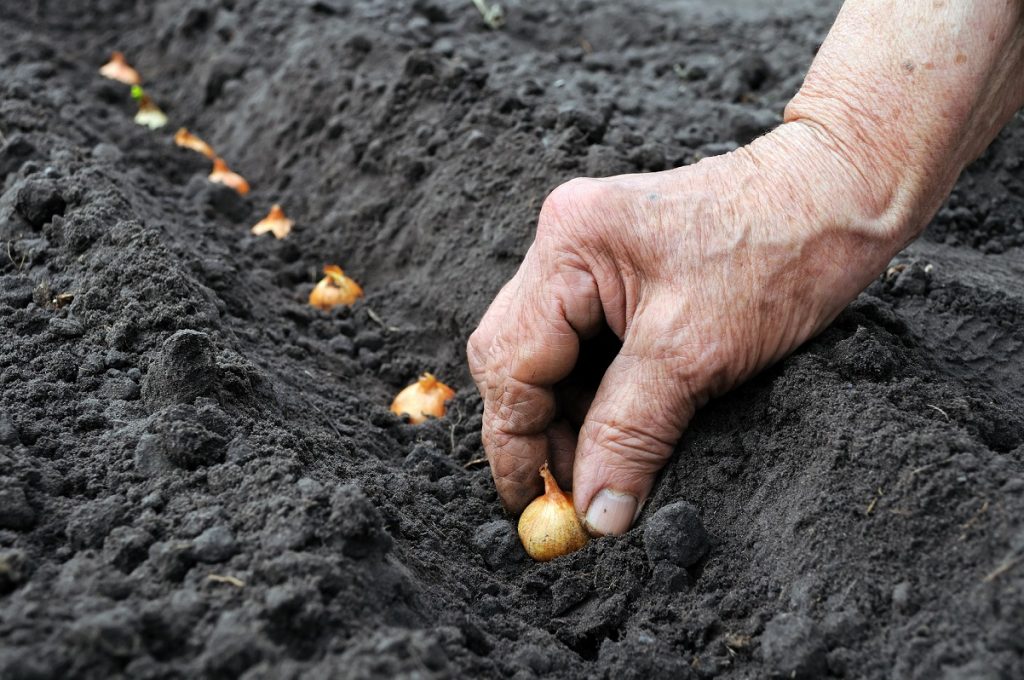U.S. joins pioneering plant genetic resources treaty

The U.S. is the newest member of an international treaty established by the United Nation's Food and Agriculture Organization (FAO), in a "further boost to rich genetic repository."
The International Treaty on Plant Genetic Resources for Food and Agriculture is described as a ground-breaking instrument that works to strengthen global food security by promoting the conservation, sharing, and sustainable use of agricultural plant genetic resources.
The accession of the U.S. brings the total number of participating countries to 143, with Argentina, Bolivia, Guyana, Tuvalu and Chile also having recently signed up.
FAO director-general José Graziano da Silva and U.S. Embassy to Rome representative Thomas M. Duffy yesterday marked the entry into force of the treaty for the U.S. during a ceremony at the UN food agency's headquarters in the Italian capital
"The United States looks forward to working with U.S. stakeholders and international partners to continue to strengthen the Treaty to conserve the resources needed for agricultural productivity, resilience and food security," said Duffy.
Graziano da Silva said he hoped that as new countries joined the treaty, the increased exchange of material and the benefits resulting from their use would translate into more support to local farmers in developing countries who conserve seeds and other planting material.
"Biodiversity can help us face the impacts of climate change," he said.
"We need to ensure that farmers have access to seeds, and to promote and support breeding programs in different regions to find the best way to adapt. That is what FAO's Seed Treaty is all about."
The U.S. officially deposited its certificate of adherence to the treaty with FAO three months ago, triggering a three-month count-down to its entry into force for the country.
U.S. accession gives a "further boost to rich genetic repository"
The treaty's centrepiece is its "Multilateral System" that facilitates access to a globe-spanning collection of plant genetic resources, exclusively for use in research, breeding and training efforts — and which includes measures to ensure the fair and equitable sharing of any financial benefits that result.
The system currently applies to 64 food, feed and grazing crops maintained by International Agricultural Research Centres or under the management and control of national governments and in the public domain.
Those who access the materials must be from the treaty's ratifying nations and must agree to use the materials only for research, breeding and training purposes.
The world's largest collection of plant genetic material, the Multilateral System prior to the U.S. joining already covered over 1.5 million crop "accessions" — samples of plants, seeds, or crop varieties or populations held in gene banks or maintained by breeding programs.
The system has since 2007 transferred 3.2 million of these accessions for research and breeding efforts.
The U.S. holds some of the largest public and best-documented crop gene bank collections in the world, according to the FAO release, with more than 576,600 documented crop accessions to its name.
Pooling resources and sharing wealth
The FAO said access to the genetic material available in the global genepool was critical to work by researchers and agronomists to develop new crop varieties with higher nutritional values, that are more resistant to pests, diseases and environmental stresses, and which give improved yields.
Indeed, much of the crop yield increases achieved in recent decades is attributable to improved and new seed varieties developed through research and breeding programs.
Photo: www.shutterstock.com














































